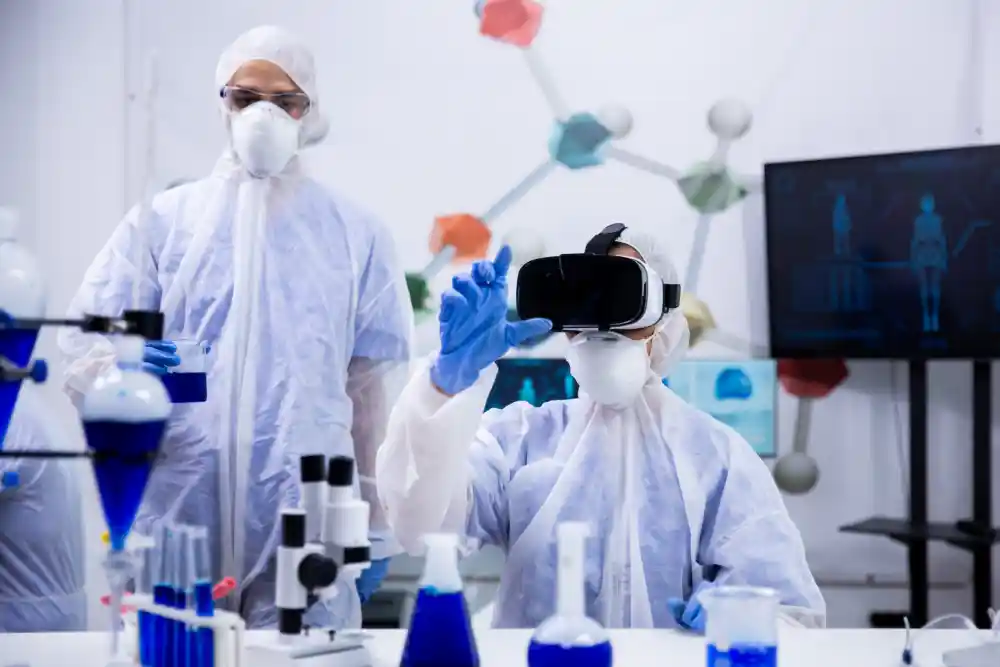
The chemical processing industry has always been at the forefront of technological evolution. From the invention of the Haber-Bosch process to the development of advanced polymerization techniques, innovation is deeply woven into the fabric of this sector. Today, as we stand on the brink of Industry 4.0, the future of chemical processing is being reshaped by groundbreaking technologies, sustainability imperatives, and digital transformation.
In this article, we explore the most exciting innovations in chemical processing and what lies ahead for the industry.
1. Digitalization and Smart Manufacturing
One of the most transformative trends in chemical processing is digitalization. The integration of digital technologies such as the Internet of Things (IoT), artificial intelligence (AI), and machine learning is enabling real-time monitoring, predictive maintenance, and data-driven decision-making.
- IoT Sensors: These devices collect data on temperature, pressure, flow rates, and more, allowing operators to monitor plant conditions remotely.
- AI and Machine Learning: These tools analyze massive datasets to optimize process parameters, detect anomalies, and predict equipment failures.
- Digital Twins: Virtual replicas of physical processes or equipment help in testing scenarios, training staff, and improving design without interrupting actual operations.
These innovations lead to increased efficiency, reduced downtime, and enhanced safety.
2. Green Chemistry and Sustainable Processing
Environmental concerns and regulatory pressures are pushing the industry towards greener practices. Green chemistry aims to minimize hazardous substances and reduce energy consumption.
- Biocatalysis: Enzymes are used as catalysts in chemical reactions, offering high specificity and lower energy requirements.
- Solvent-Free Reactions: Innovations are enabling reactions without traditional solvents, minimizing waste and exposure.
- Process Intensification: Techniques that combine or simplify processes to reduce resource use, such as reactive distillation or microreactors, are gaining traction.
Sustainable innovations are not only environmentally responsible but also economically beneficial in the long run.
3. Advanced Materials and Nanotechnology
The development of new materials is revolutionizing chemical processing equipment and product performance.
- Nanocatalysts: These offer higher surface areas and improved reaction rates, enhancing process efficiency.
- Smart Coatings: Materials that change properties in response to environmental stimuli are being used in piping and storage to prevent corrosion or fouling.
- Membrane Technologies: Advanced membranes are used for efficient separation processes, such as gas purification or water treatment.
Such materials are paving the way for safer, more efficient, and more durable processing solutions.
4. Modular and Flexible Plants
Traditional chemical plants are large, capital-intensive, and inflexible. However, modular plants—compact units that can be quickly deployed and scaled—are gaining popularity.
- Skid-Mounted Units: Pre-assembled units that can be transported and installed on-site reduce construction time and costs.
- Plug-and-Play Systems: These systems allow for rapid integration of new technologies and processes.
- Flexible Manufacturing: Adaptable plants that can switch between products based on market demand are ideal for specialty chemicals and pharmaceuticals.
This shift allows faster time-to-market and greater responsiveness to consumer needs.
5. Artificial Intelligence and Process Automation
AI is making a significant impact beyond predictive maintenance. It is now being used to control and optimize entire chemical processes.
- Autonomous Operations: AI can make real-time decisions to adjust process parameters for optimal outcomes.
- Advanced Process Control (APC): Systems that use algorithms to maintain desired operating conditions with minimal human intervention.
- Chatbots and Virtual Assistants: These tools assist operators and engineers by providing instant troubleshooting advice and process insights.
Automation powered by AI is enhancing productivity, quality, and safety.
6. Circular Economy and Waste Valorization
The move towards a circular economy is changing how the industry handles waste and byproducts.
- Chemical Recycling: Breaking down plastic waste into monomers for reuse in new products.
- Valorization of CO2: Converting carbon dioxide into useful chemicals like methanol or urea.
- Waste-to-Energy Technologies: Using chemical processes to convert waste into fuels or electricity.
These approaches reduce environmental impact and create new revenue streams.
7. Integration with Renewable Energy
As energy costs and carbon emissions become more critical, integrating chemical processing with renewable energy sources is a priority.
- Electrification of Processes: Replacing fossil-fuel-based heating with electric alternatives powered by solar or wind.
- Hydrogen Economy: Producing and using green hydrogen as a clean energy carrier in processes like ammonia synthesis.
- Energy Storage: Innovations in batteries and chemical storage solutions are helping stabilize energy supply for processing plants.
This integration supports decarbonization goals and ensures long-term energy security.
8. Blockchain for Supply Chain Transparency
Blockchain technology, known for its role in finance, is finding applications in chemical supply chains.
- Traceability: Blockchain ensures the authenticity and traceability of raw materials and finished products.
- Smart Contracts: Automated agreements streamline transactions and reduce paperwork.
- Regulatory Compliance: Digital records help in audits and compliance with safety and environmental regulations.
Transparency enhances trust and accountability across the value chain.
The future of chemical processing is undeniably exciting. With innovations ranging from AI-driven automation to sustainable materials and modular plant designs, the industry is evolving rapidly. These advancements are not just technological—they represent a fundamental shift toward more efficient, resilient, and environmentally friendly processes.
For professionals in the field, staying informed and adaptable is key. Embracing these innovations will not only improve competitiveness but also contribute to a more sustainable and innovative chemical industry.
As we look ahead, one thing is clear: the next era of chemical processing is already underway, and it’s filled with promise.

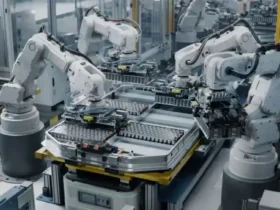
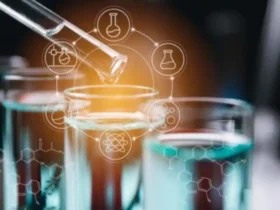

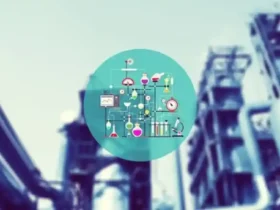
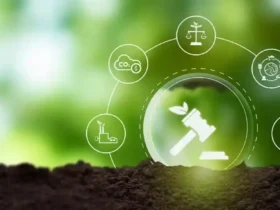
Leave a Reply